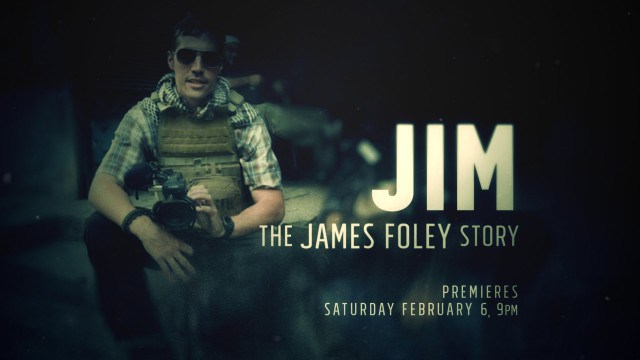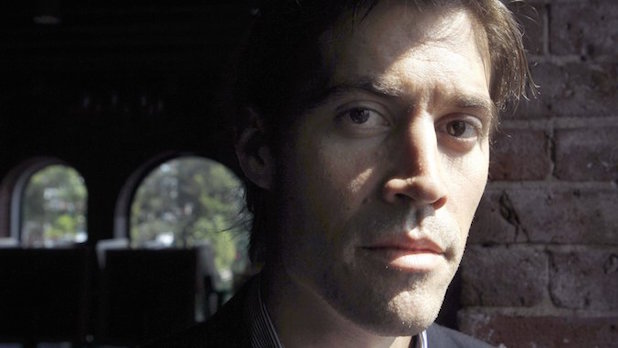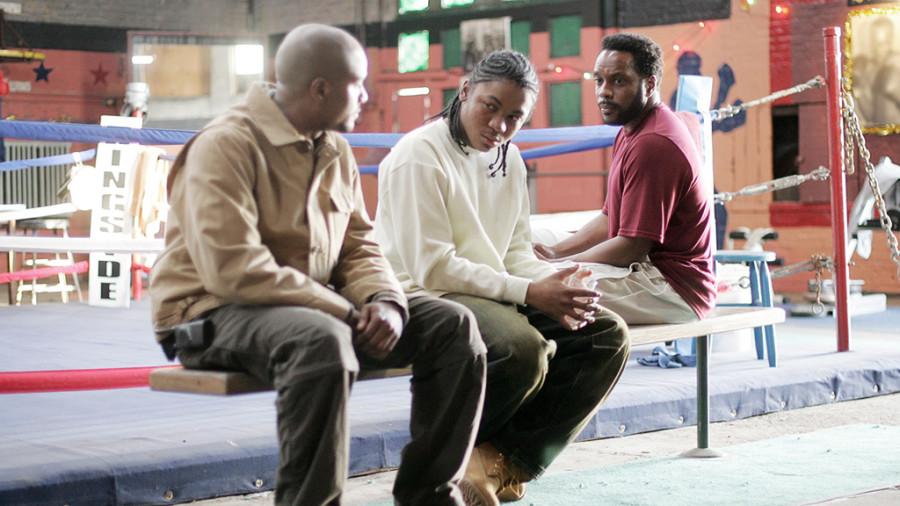James Foley was a Marquette alumnus, whose life, death and legacy is depicted in the new documentary, “Jim: The James Foley Story.”
He was a dedicated freelance war correspondent who was captured in Syria in 2012 and beheaded by ISIS in 2014.
This emotional and moving documentary, told by family members, friends and other prisoners focuses on what inspired him to become a journalist and how he got involved in the conflict with Syria. HBO will premiere the film Saturday, Feb 6 at 8 p.m. The network won the Audience Award in the Sundance Film Festival’s U.S. Documentary Competition.
Thomas Durkin, an English professor at Marquette and Marquette alumnus, is featured in the documentary. He was friends with James Foley since the two were freshmen at Marquette in 1992.
“We clicked right away from probably about the first or second week when we entered Marquette as freshmen,” Durkin said.
There wasn’t a moment when the two grew apart or failed to remain close friends. Foley and Durkin traveled around the country after college.
“Neither one of us took a traditional 9 to 5 type path,” Durkin said. “Jim was doing Teach for America in Phoenix; I was doing graduate school in Idaho.”
They traveled back and forth in between the states to meet up with each other. Foley was in Massachusetts at one point and Durkin, Chicago, but they’d still connect. They both lived in Chicago for a while as well, where Durkin helped Foley find a job.
“We’ve both had a lot of freedom based on our career paths,” Durkin said.
Durkin is also friends with Brian Oakes, the director of “Jim: The James Foley Story.” Oakes flew to Milwaukee with his team over the past summer and interviewed Durkin at Wolski’s Tavern on the East Side.
“I made this film to carry on the stories that Jim needed us to know,” Oakes said in a press release. “It’s important that we understand the significant role of today’s conflict journalists and why they risk their lives to tell the world how bad it can be.”
Oakes had known Jim since they were seven years old.
“I’ve known the Foley family pretty much my entire life as well. So (the film is) a very personal story for me,” Oakes said in a press release.
Oakes and Foley had a very open, honest relationship and Oakes supported Foley, but at the same time was curious as to why Foley made the decisions he did in regards to his conflict journalism.
“I think what we have to understand is that when Jim went into Syria, we knew it was dangerous, but ISIS didn’t even exist,” Oakes said in a press release. “ISIS was nowhere on anyone’s radar at that time.”
Durkin attended the Sundance Film Festival last weekend and saw the premiere of the documentary. Durkin said it features him speaking for several different segments about “things we did and how I knew (Foley), and what my feelings were in terms of him going into journalism.”
Durkin discusses his own fears about the field Foley worked in and difficult areas in Foley’s life in the documentary.
The opening scene shows Jim giving a speech at Marquette after his release from Libya. Durkin said that he thinks it’s a story Marquette students should to pay attention to.
“This is a guy who is one of them: he is the epitome of what it means to be a Marquette student, to live for others and live the ideals of a Marquette education,” Durkin said. “I would really hope that the students would invest the two hours it takes to find out more about a (former student).”







